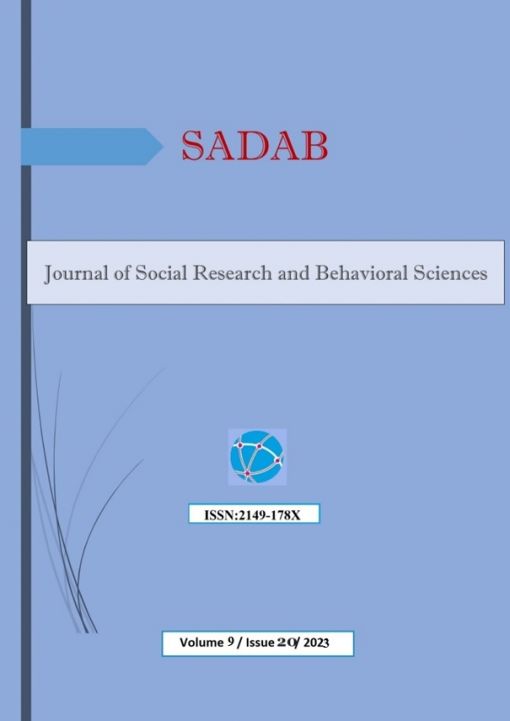Eğitim Yönetimi Politikasında Etkisel Faktörler ve Rol Oynayan Aktörler
Influential Factors and Actors Playing a Role in Education Management Policy
Author(s): Pınar Özten Şahin, Engin Dikbasan, Deniz Halitoğulları, Fatma YıldırımSubject(s): Education, State/Government and Education, Management and complex organizations, Policy, planning, forecast and speculation, Sociology of Education
Published by: SD Yayınevi
Keywords: Education Management; Education Policy; Official and Civil Actors;
Summary/Abstract: There are influential factors in education management policy and actors who play a role in shaping this policy. The effective factors and actors in the educational processes in question show a wide variety. The general character of a country has a significant impact on the analysis of education policy. This makes the process of making education policy even more difficult in many ways. A historical and evolutionary perspective on the dynamics of politics over time allows the analyst to form a sense of why the policy was put forward at that moment in particular. By studying the past, one can probably learn about the speed of implementation of educational policies. The planning capacity of the state at the national level is one of the most important variables in terms of institutional analyses of the political sector. In addition, the professional opinions of bureaucrats educated at universities can influence the educational plans and ideologies of the elite. The economic development of a country is one of the most important factors affecting education policy. It is impossible to think of the economy and the country's development independently of each other. In democratic countries, parliament is one of the most important elements of the public policy process. If requests, needs, problems or expectations arising in any area of society come up and have a permanent feature, they are transmitted by official or civil institutions to the state, in other words, to the government or public institutions. A public policy programmed and shaped by laws or regulations by the legislative or executive branch during the public policy making process cannot enter into force if it is canceled by the judiciary. Therefore, judicial institutions can be Decried as among the official actors in the public policy making process. Bureaucracy is not something that constantly adds strength to deciding political questions, and in fact, with it, it also takes on the task of implementation. The application includes all the activities designed to reveal the policies issued by the law makers. Public institutions and their officials should be considered as the main source both in the shaping and implementation of public policies. Because political actors come and go by election and may not have technical knowledge about policies. In the public policy process, official persons and institutions belonging to the state, as well as persons and institutions present in society and expressed as civil actors, play a role in policy formation, implementation and evaluation. Civilian actors play a role in policy processes without any clear, legal duties to participate in.
Journal: Sosyal Araştırmalar ve Davranış Bilimleri
- Issue Year: 9/2023
- Issue No: 20
- Page Range: 461-476
- Page Count: 16
- Language: Turkish

